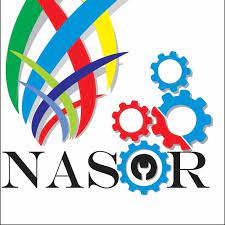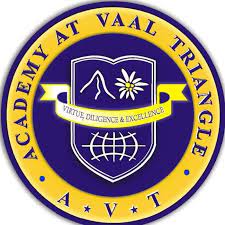Denver Technical College Fees 2024 academic session
The Denver Technical College School fees, Denver Technical College Fees Brochure for fresh and returning students 2024 academic session has been approved by the management of the institution. Denver Technical College School fees schedule below shows the fees payable by both home and international students.
The question now is; did you select the Denver Technical College School during your registration? or participated in their admission screening exercise or are you just inquisitive about Denver Technical College School fees? whichever category you might fall under, you are at the right blog for the correct information.
Fresh and prospective students are always online in search of the Denver Technical College School tuition fee after confirming their names on the admission list even before the academic session begins.

How Much is the Denver Technical College Fees for the 2024 academic session
The approved Denver Technical College School fees for the 2024 academic year for undergraduate and graduate students are based on the programme you are taking.
All students of the Denver Technical College School are advised to pay their tuition fees for the 2024 academic session early to the designated banks as approved by the school management.0
Denver Technical College Fees Brochure for Freshers 2024
Denver Technical College School Acceptance fee is a fee that you must pay to any university or Polytechnic as a first-year student/fresher denoting that you have accepted the course and in general the admission that has been offered to you by the school.
Denver Technical College Fees Structure for Freshers and Continuing Students 2024 Academic Session
Denver Technical College School fees are R4000 for Academic sessions.
Below is the breakdown of the Denver Technical College School fees.
But in most cases, the fees can be changed therefore check the school portal to get the current school fees – https://denvercollege.co.za/
Diplomas:
- Post Graduate – R6000 Per Annum
- 4 Year Diploma – R6000 Per Annum
- Bridging Programme for Enrolled Nurses
- 1st Year R3000
- 2nd Year R4000
Post Registration Programmes:
- 1 Year Diploma in Midwifery – R6000 Per Annum
- 1 Year Diploma in Community Nursing Science – R3000 Per Annum
Enrollment Programmes (Certificate Courses):
- Enrolled Nursing Auxiliary – R 3000 Per Annum
- Enrolled Nursing –
- 1st Year R3000
- 2nd Year R4000
Basic Diplomas:
- Diploma in Nursing (General. Community, Psychiatry) and Midwifery: Four Years: R425
- Diploma in General Nursing Science (bridging Course): Two Years: R683
- Diploma in One Year Midwifery: One Year: R254
Certificate Programmes:
- Enrolled Nursing (EN): Two Years: R2175
- Enrolled Nursing Auxiliary (ENA): One Year: R2176
Short Learning Programmes:
- Anesthesiology for all categories of nurses (4 weeks)
- Primary Health Care (6 weeks)
- HIV/AIDS and TB Management Certificate (8 weeks)
Denver Technical College School fees schedule for each programme have been uploaded on the School official portal –


